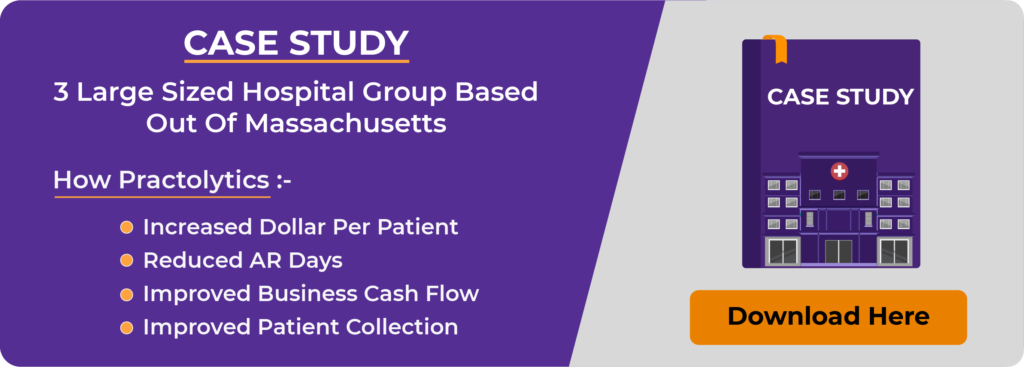Overcoming Prior Authorization Challenges: Patient & Provider Views
Prior authorization is a process used by health insurance companies to determine if they will cover a prescribed procedure, service, or medication. While the primary aim of prior authorization challenges is to ensure that patients receive appropriate and necessary care, it has increasingly become a significant hurdle in the healthcare journey for many patients.
Table of Contents
The Growing Dependence on Medicare Advantage Plans
Medicare Advantage plans, which are managed by private insurance companies, have become a popular alternative to traditional Medicare. These plans often require prior authorization for high-cost services, including hospital stays, nursing home care, and certain medications. While these measures are intended to prevent unnecessary and wasteful treatments, they can also lead to delays and denials of essential care.
Case Study: A Personal Struggle with Prior Authorization
Take the case of Helen Roberts from Seattle. After suffering a stroke in January 2023, she was admitted to a Rehabilitation Center for recovery. Despite significant progress through physical, occupational, and speech therapy, her Medicare Advantage plan denied further coverage for her treatment, requiring her to leave the facility within 48 hours. Her husband, Mark, was left scrambling to arrange home care and felt frustrated that an insurance company could overrule medical professionals’ recommendations.
The Impact on Patients and Providers
Helen’s story is not unique. Many patients face similar obstacles with Medicare Advantage plans, which frequently invoke prior authorization before agreeing to cover costly services. According to Jane Doe, associate director at the Health Policy Research Group, over half of Medicare beneficiaries are now enrolled in these plans. In 2022, these plans processed over 37 million prior authorization requests, denying about 5% of them.
Financial and Emotional Toll
The financial implications of denied authorizations can be severe. Patients often end up paying out-of-pocket for services that should be covered or forgoing necessary treatments altogether. The emotional toll is equally significant, causing stress and anxiety for patients and their families as they navigate the complexities of healthcare bureaucracy.
The Administrative Burden on Healthcare Providers
Healthcare providers also feel the strain. A chief medical officer of one of the Rehabilitation Clinic in Portland, Oregon, explains that prior authorization processes divert time and resources that could be better spent on patient care. His organization, which previously employed one insurance verification specialist, now has three to handle the increasing volume of prior authorization requests and appeals.
Efforts to Streamline Prior Authorization Challenges
Recognizing these challenges, the Centers for Medicare and Medicaid Services (CMS) have introduced new rules to protect consumers and streamline prior authorization processes. Starting in 2026, insurers will have seven days instead of 14 to respond to prior authorization requests, with a 72-hour window for expedited requests. Additionally, insurance plans will be required to post prior authorization data, including the number of requests, review times, denials, and appeals, on their websites. By 2027, a new digital system will be implemented to facilitate efficient information sharing about prior authorization reviews.
Advocacy and Legislative Efforts
Advocacy groups and healthcare providers are pushing for further reforms. They have called for changes to prior authorization practices. Lawmakers from both political parties have introduced legislation aimed at reducing the administrative burden and ensuring timely access to necessary care.
Conclusion: The Path Forward
While prior authorization is designed to control costs and ensure appropriate care, its current implementation often results in significant barriers to timely and necessary medical treatments. The new CMS rules and ongoing advocacy efforts represent positive steps toward balancing cost control with patient care. However, the real impact will depend on robust enforcement and continued efforts to streamline processes.
Patients, healthcare providers, and policymakers must work together to create a system where prior authorization supports, rather than hinders, access to essential medical services. As the healthcare landscape continues to evolve, it is crucial to keep patient well-being at the forefront of all policy and procedural decisions.
Key Takeaways
Prior Authorization: A process by which insurance companies approve or deny coverage for specific medical services.
Medicare Advantage Plans: Private insurance plans that often require prior authorization for high-cost treatments.
Impact on Patients: Delays and denials can lead to significant financial and emotional stress.
Impact on Providers: Administrative burden diverts resources from patient care.
Regulatory Changes: New CMS rules aim to streamline prior authorization and improve transparency.
Advocacy Efforts: Ongoing push for legislative changes to reduce administrative barriers and ensure timely care.
By addressing these issues, the healthcare system can better serve patients and providers, ensuring that prior authorization fulfills its intended purpose without becoming an obstacle to necessary medical care.
ALSO READ – What Makes Outsourcing the Best Method for Prior Authorizations?
Talk to Medical Billing Expert Today — Get a Free Demo Now!






